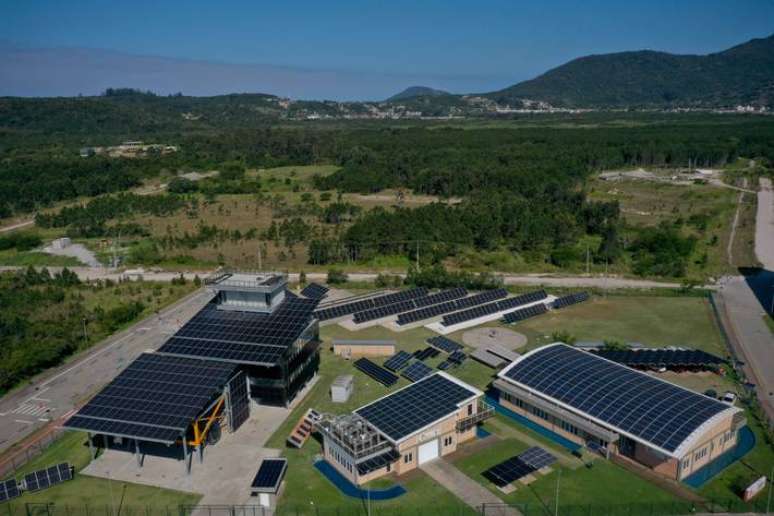The country is in difficulty due to the absence of a legislative response on the development of the new fuel
Several governments are looking for sustainable solutions to be able, at the same time, (i) to achieve the objectives set out in the Paris Agreement and (ii) to guarantee their internal levels of supply of power.
In this sense, experts point out that part of the answer to meeting these needs involves the development of green hydrogen (H2V).
Countries like Saudi Arabia and the United States have already taken the lead and announced investments and plans on how they intend to explore and develop green hydrogen.
And Brazil? Considered as a possible leader of a future global market for green hydrogen, given its potential to produce it on a large scale through processes involving renewable and agricultural sources, it is still struggling in the absence of a legislative response that gives investors – who line up in the queue , among other things, the confidence necessary for them to start making their investments.
Thanks to the development potential of H2V, it is interesting to note that Brazil receives the opportunity and, why not say, the invitation to reindustrialize and develop in the fields of technology and infrastructure.
However, the desire to move forward has been held back by the lack of regulation on the matter. Legislative initiatives that aim to regulate H2V (such as PL Nos. 1.878/22, 1.880/22 and 725/22) are not able to advance at the necessary pace.
Such measures are necessary to fill gaps such as logistics and storage of H2V, which will need to be addressed so that there is (i) supply to the domestic market, initially, and (ii) potential export of H2V, in a second phase. .
Despite these obstacles, the international market remains active and investing in the Brazilian renewable energy sector. The proof of this is recent cross-border project financecarried out exclusively by several commercial banks, containing components such as self-generation and dollar-indexed Power Purchase Agreement (PPA), the element of which could become a trend and be applied to the financing of H2V projects (whose projects are energy-intensive capital) is its implementation in the form of a mini perm (A period of five to seven years appears to be a market trend given the high interest rates in Europe, the United States and Brazil.)
Therefore, although the government has taken important steps towards the green agenda, local and international markets are anxiously waiting for these gestures to materialize into clear rules so that the game can, in fact, begin.
Thiago Vallandro Flores and Rodrigo Murussi are lawyers in the project finance sector.
Source: Terra
Rose James is a Gossipify movie and series reviewer known for her in-depth analysis and unique perspective on the latest releases. With a background in film studies, she provides engaging and informative reviews, and keeps readers up to date with industry trends and emerging talents.







